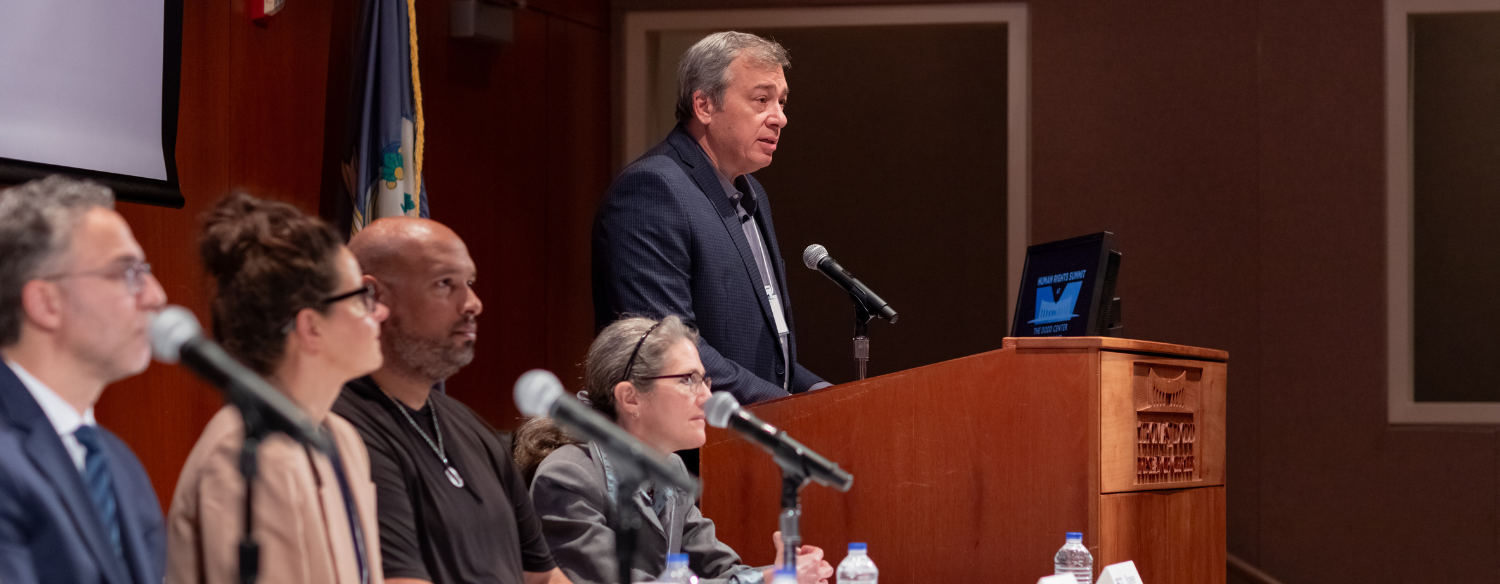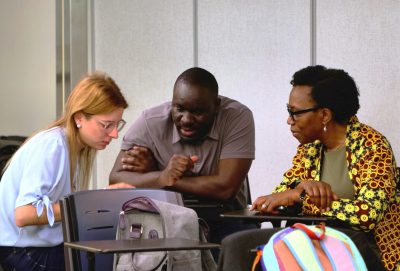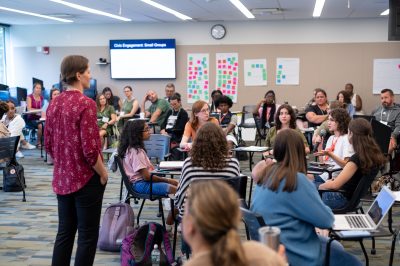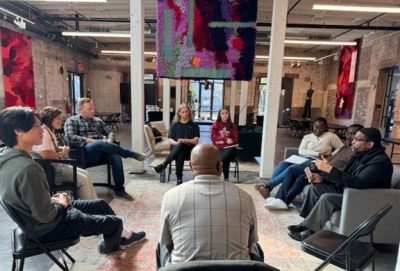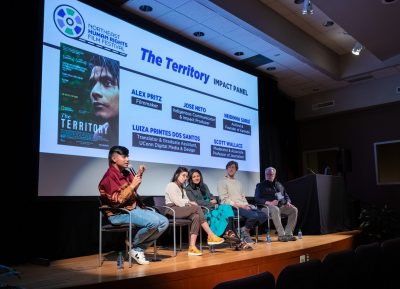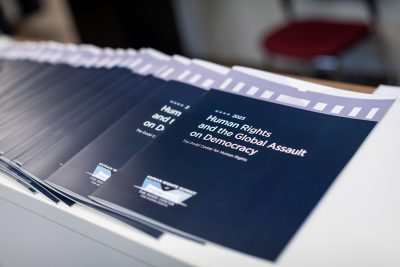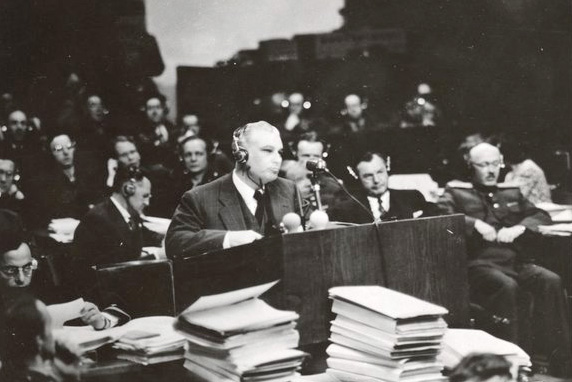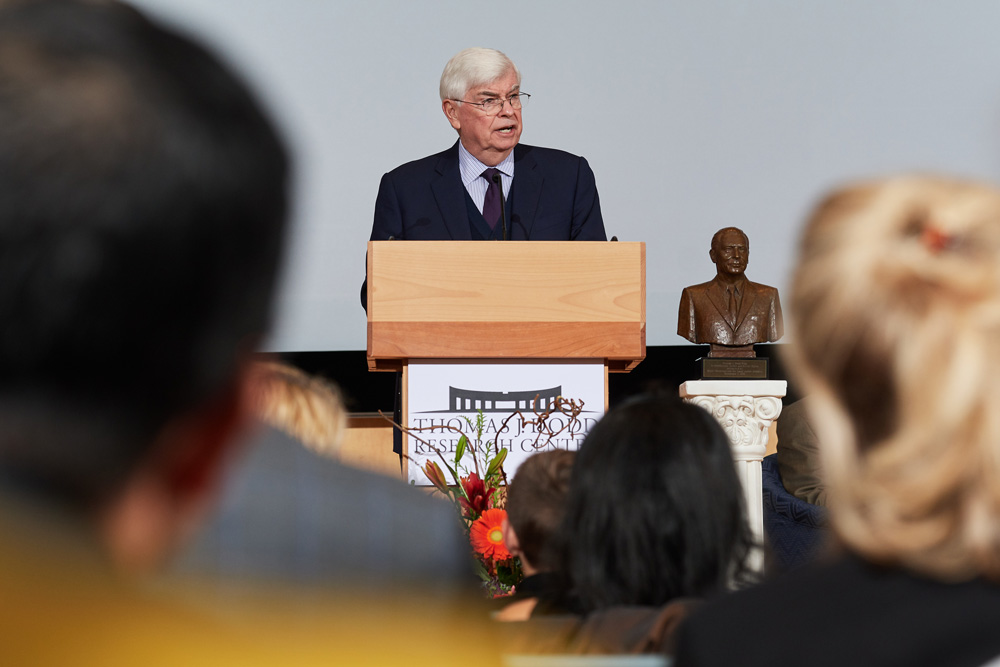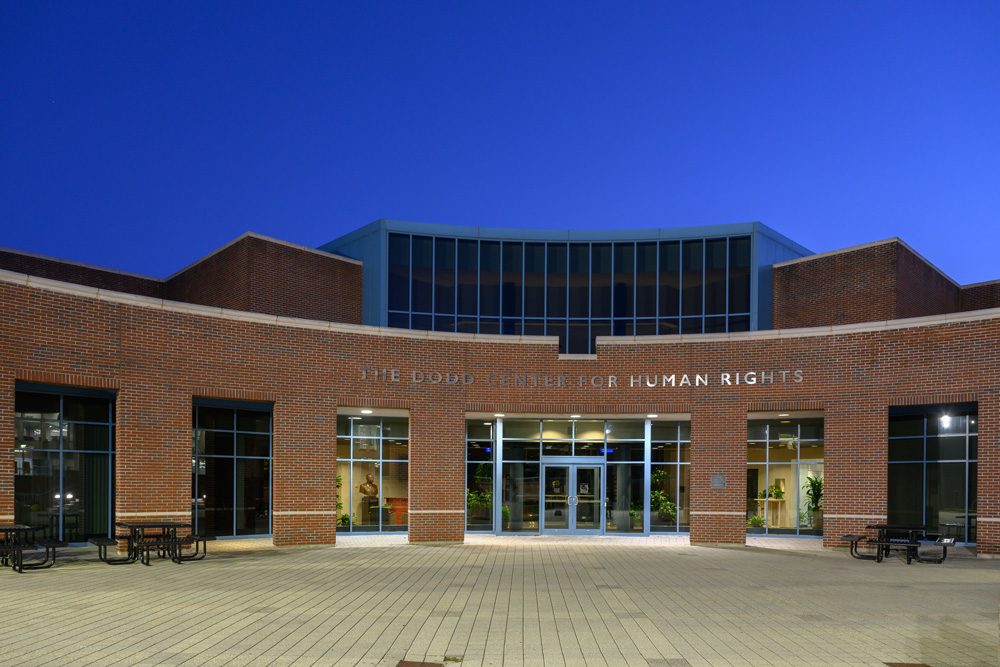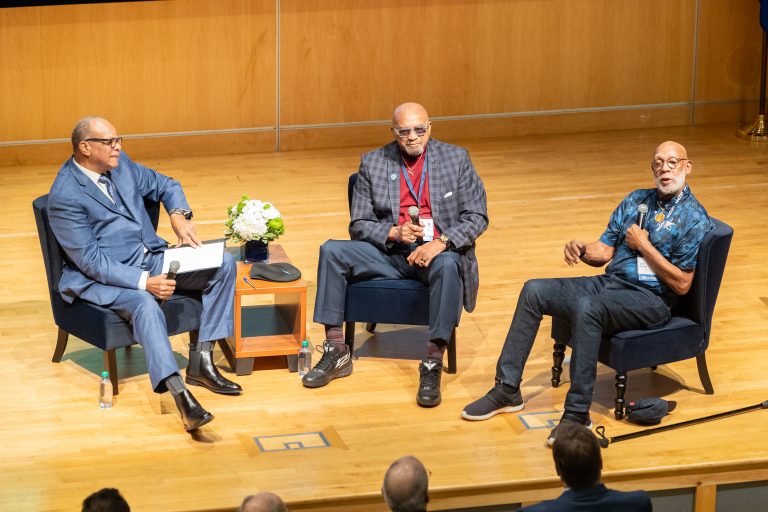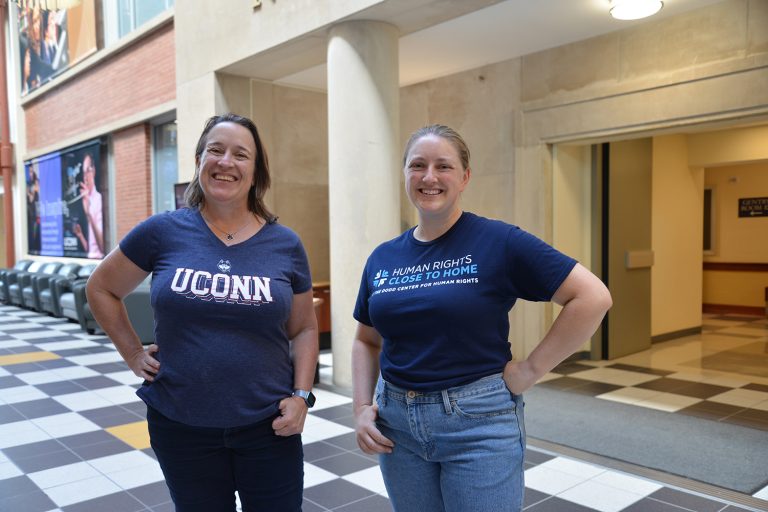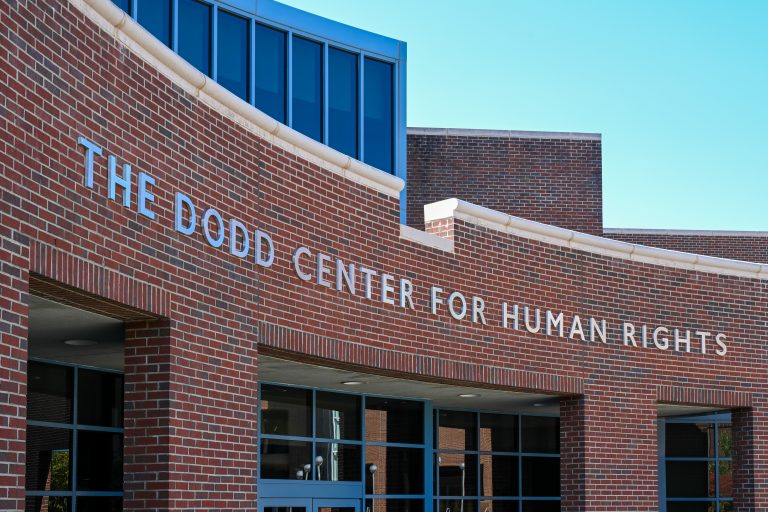-

Human Rights Summit features perspectives from athletes, academics, and industry experts
-

Neag School professor and alumna examine curriculum inspired by UConn’s Human Rights Close to Home initiative
-

Tommie Smith and John Carlos will visit UConn Storrs for the opening keynote conversation of a three-day summit examining the global and domestic issues at play in the intersection of human rights and sports
-

Reflections on the importance of the newest addition to UConn’s ICTY Digital Archives, the Srebrenica Genocide Archives Collection.
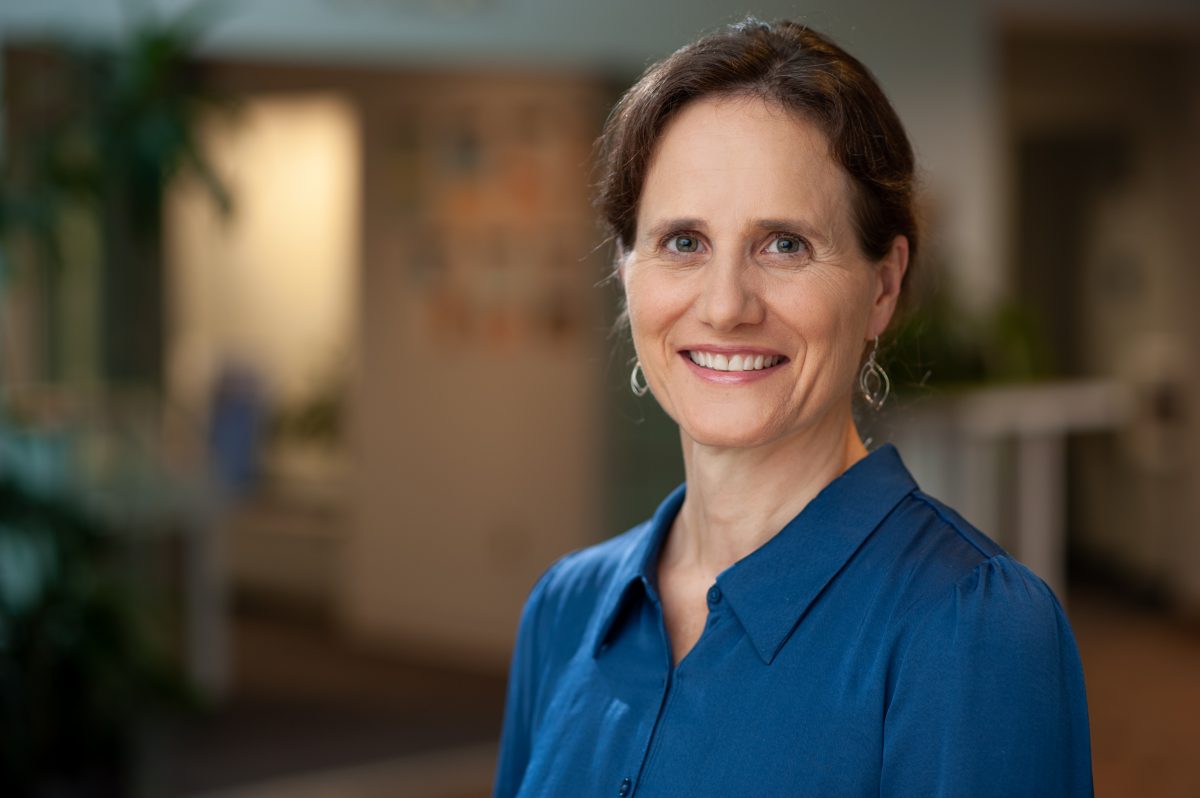
Sandra Sirota
Director, Human Rights Close to Home
Assistant Professor in Residence, Experiential Global Learning and Human Rights

James Waller
Acting Director, Gladstein Family Human Rights Institute
Christopher J. Dodd Chair in Human Rights Practice
Professor, Literatures, Cultures, & Languages
